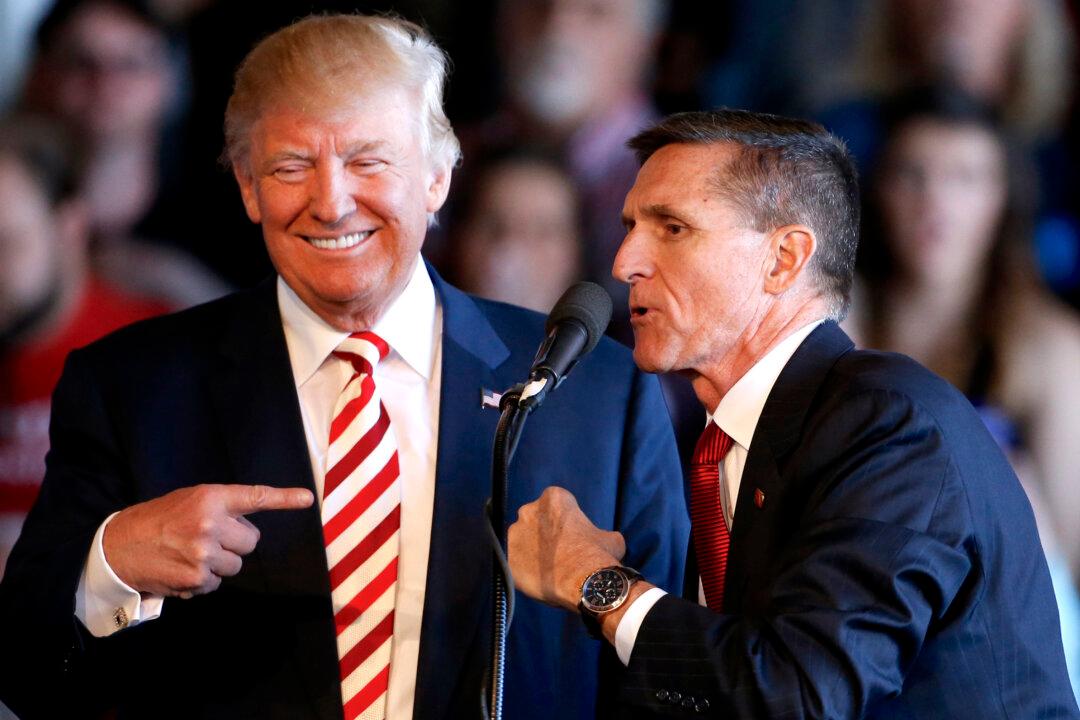Commentary
President Donald Trump’s pardon of retired Lt. Gen. Michael Flynn closes a dark chapter that few could have expected to see unfold here in the world’s oldest and greatest democracy.

President Donald Trump’s pardon of retired Lt. Gen. Michael Flynn closes a dark chapter that few could have expected to see unfold here in the world’s oldest and greatest democracy.